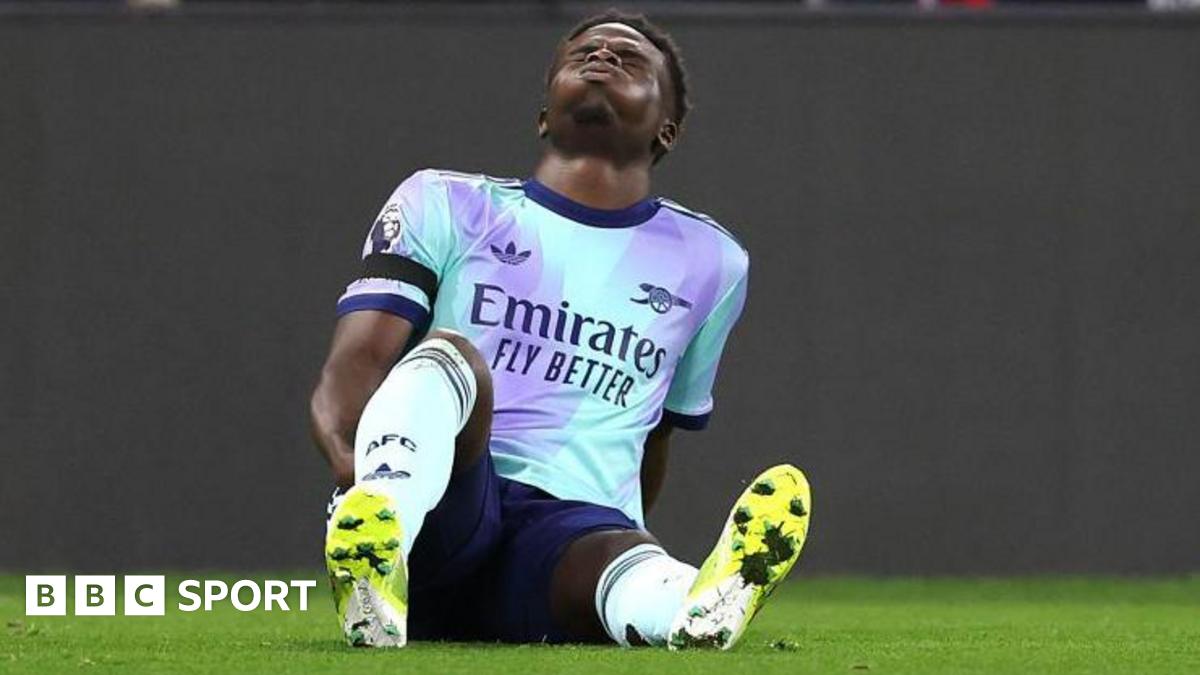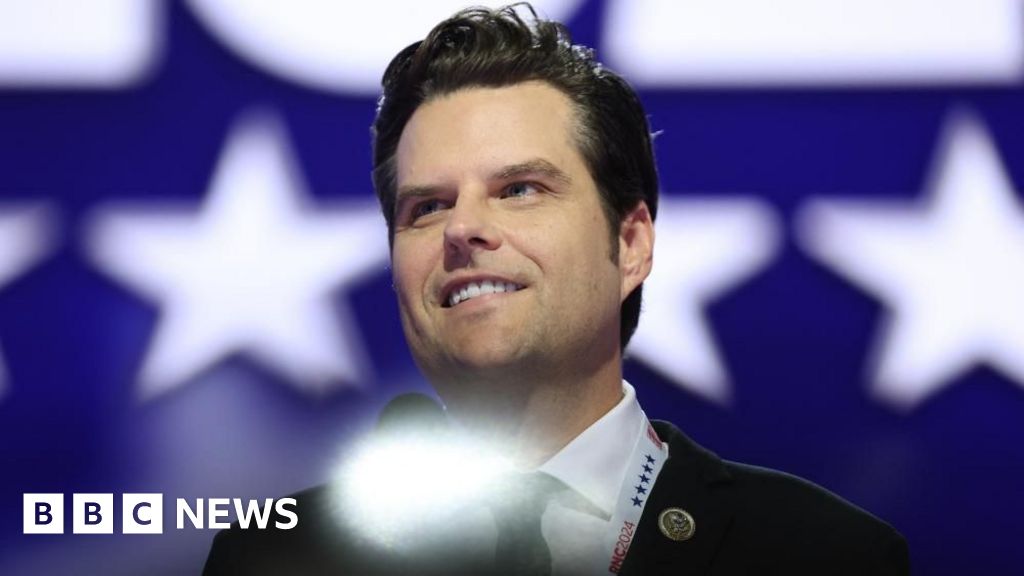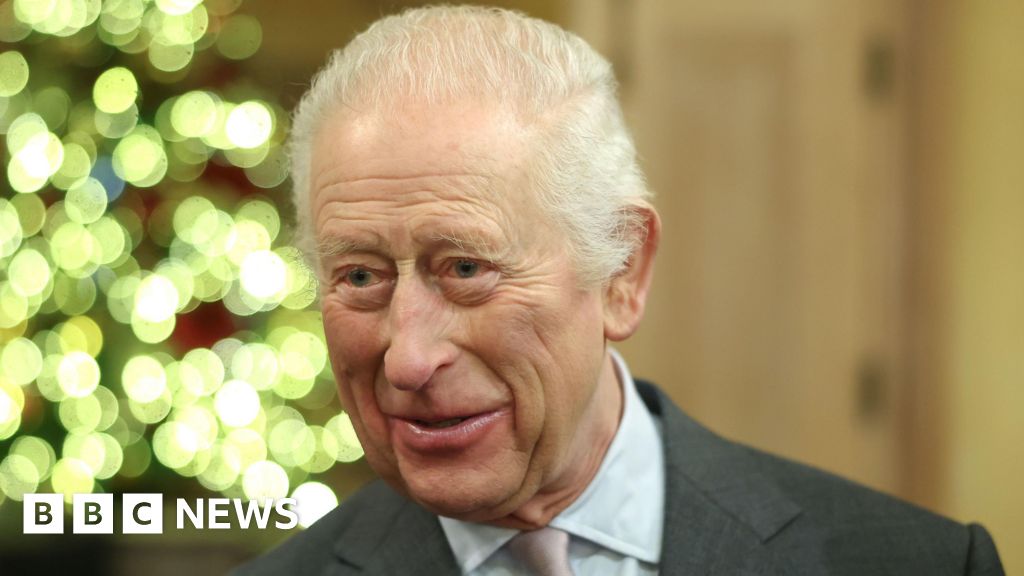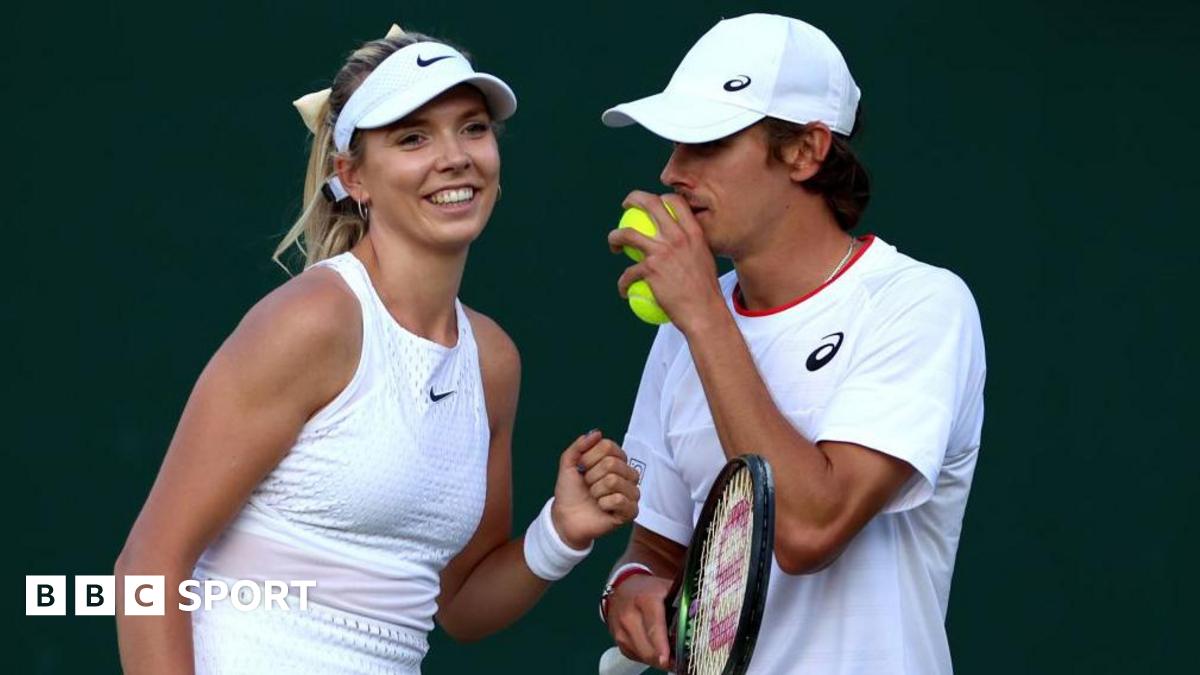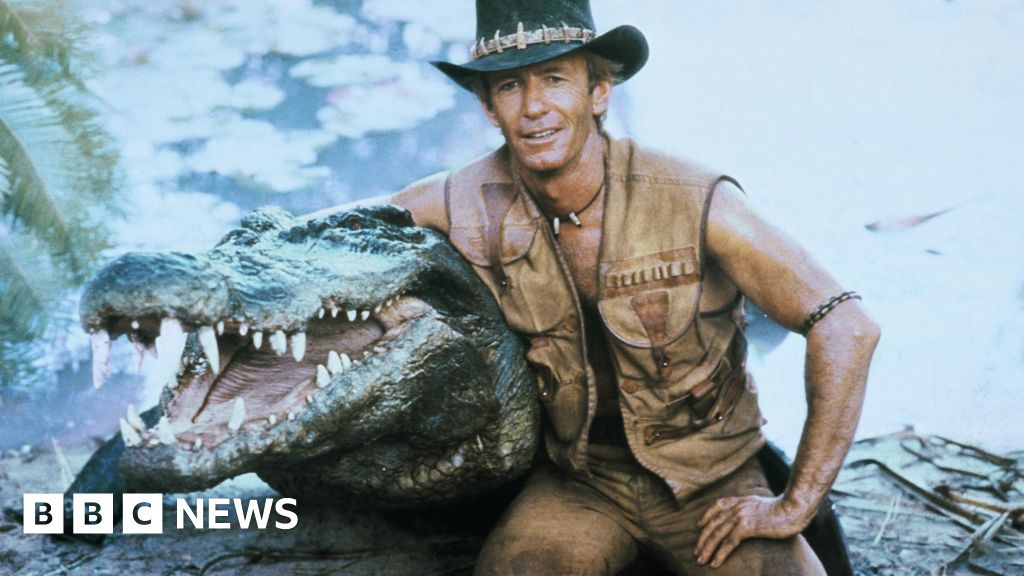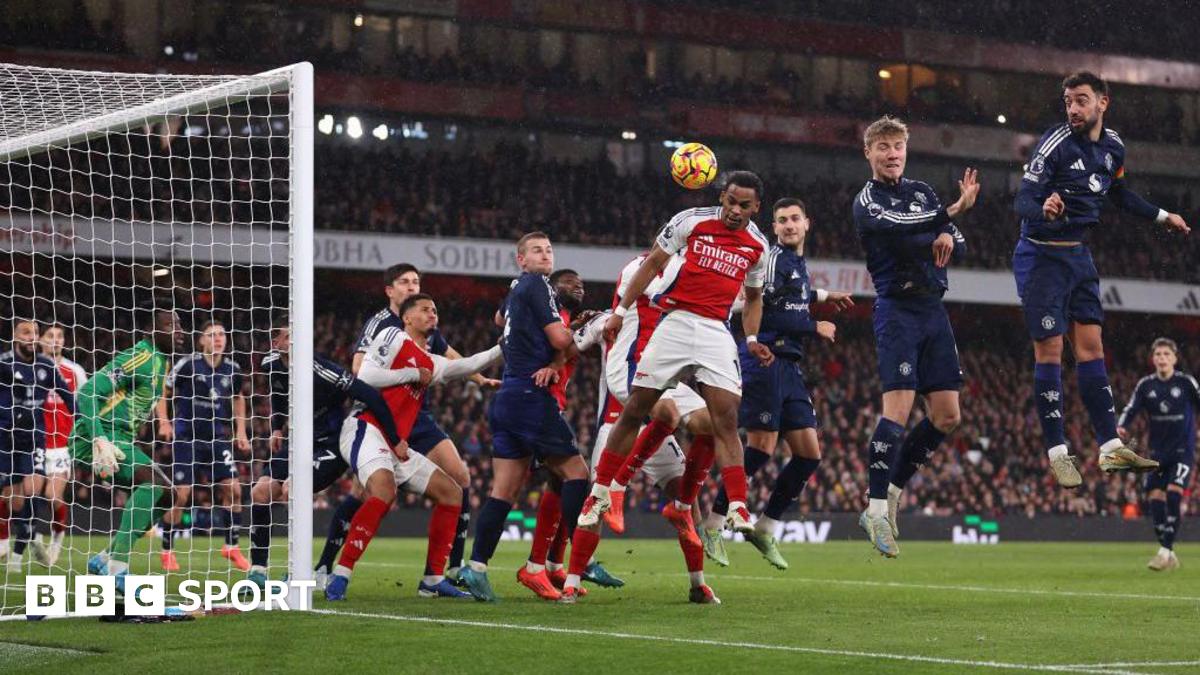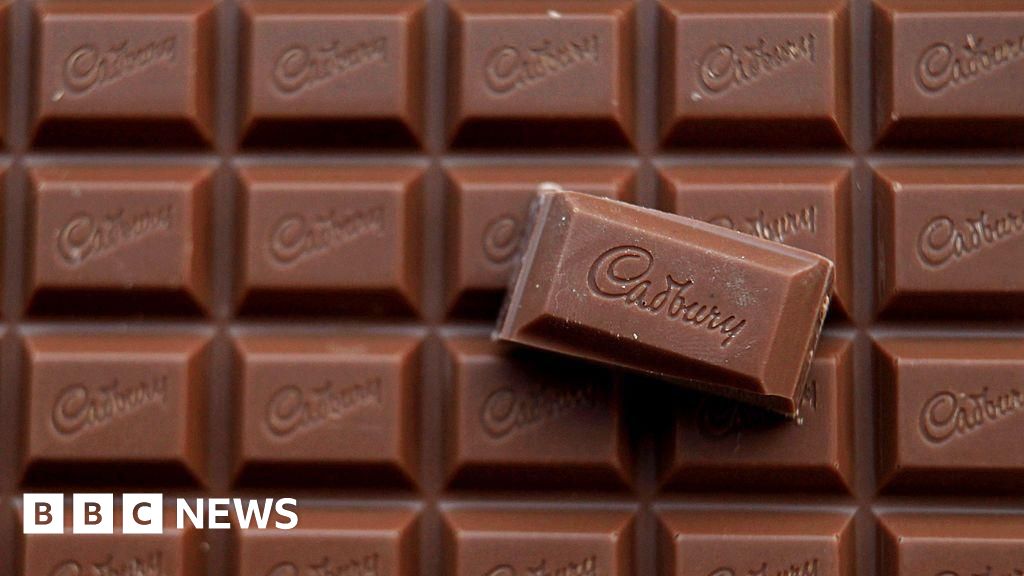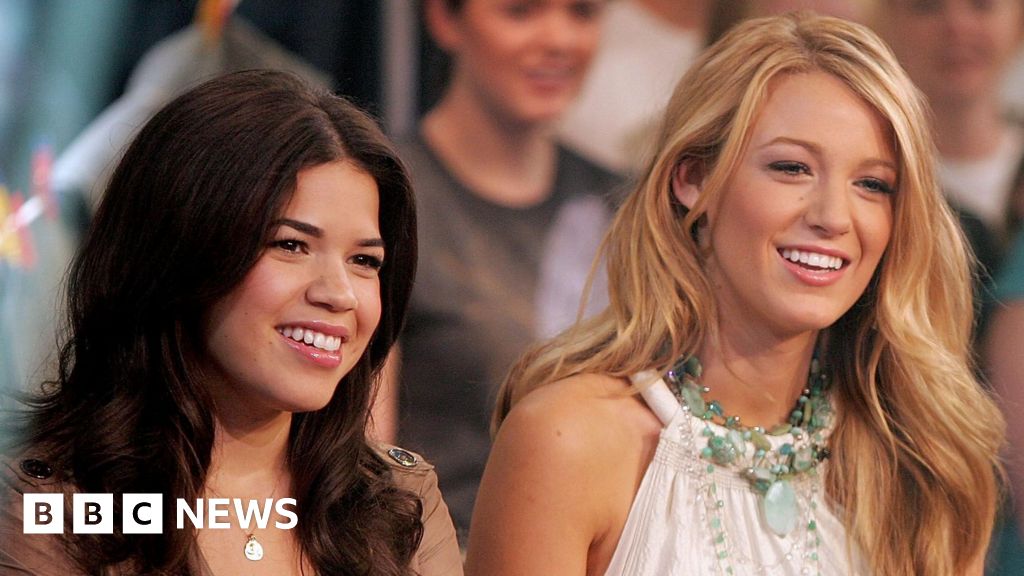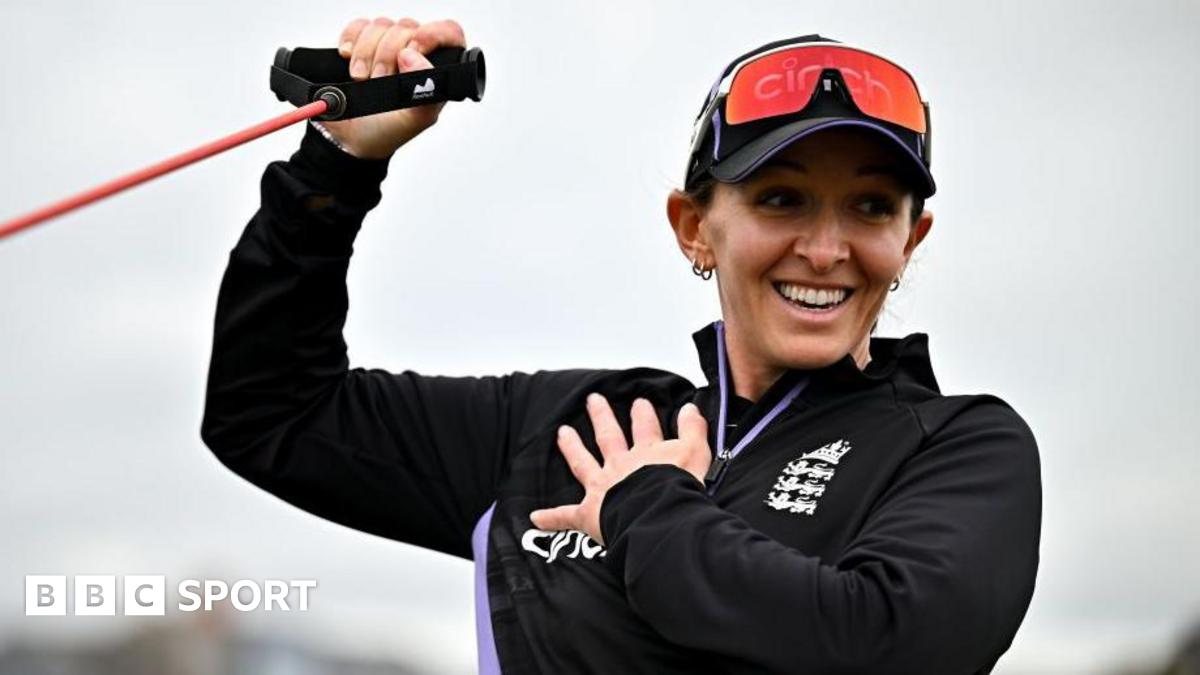A US Secret Service internal review has identified poor planning and a communication breakdown among a litany of security failures on the day of the attempted assassination of Donald Trump two months ago.
Secret Service acting Director Ronald Rowe said the interim report suggested “complacency” by some of its agents.
He said the use of different radio frequencies by police and Secret Service meant Trump’s protection team were unaware a suspicious person had been identified at the Butler, Pennsylvania, rally.
The report also highlighted the failure to secure the building that the shooter fired from. The attack on 13 July led to the resignation of the Secret Service’s last director.
"Secret Service did not give clear guidance or direction to local law enforcement partners," Mr Rowe said on Friday.
A gunman fired eight shots at Trump from the roof of a building. The Republican White House candidate’s ear was grazed by a bullet, one rally attendee was killed, and two others were injured before a Secret Service sniper shot the suspect dead.
Friday’s internal findings suggest Trump's security detail was not aware that state and local law enforcement were intensely pursuing a suspicious person, who turned out to be the gunman.
Had they been aware, agents might have moved Trump to another location during the search, according to the report.
Law enforcement also communicated vital information outside the Secret Service’s radio frequencies.
The suspect was able to get on to a nearby rooftop with a direct line of sight to where the former president was speaking.
Mr Rowe described a "lack of follow through" on access control to the building and the rooftop.
He added that line-of-sight issues involving the building were acknowledged, but were not mitigated or escalated to supervisors.
The acting director said the Secret Service cannot "defer our responsibilities to others" as the agency moves to an accountability phase of its review.
“This was a failure on the part of the United States Secret Service," Mr Rowe said.
"It’s important that we hold ourselves accountable for the failures of July 13, and that we use the lessons learned to make sure that we do not have another failure like this again."
The agency says disciplinary actions will be taken for agents involved.
The acting director spoke of a heightened threat environment following the second apparent assassination attempt involving Trump on Sunday in Florida.
He explained the need for the agency to undergo what he called a "paradigm shift" to improve protective operations.
Mr Rowe also said the agency was having ongoing conversations with Congress about additional funding.
"We have finite resources and we are stretching those resources to their maximum right now, which is going to require us to replace these assets," he said.
The findings come as the US House of Representatives on Friday voted unanimously to bolster Secret Service protection for presidential and vice- presidential candidates. The bill will need to pass the Senate.

 3 months ago
13
3 months ago
13
